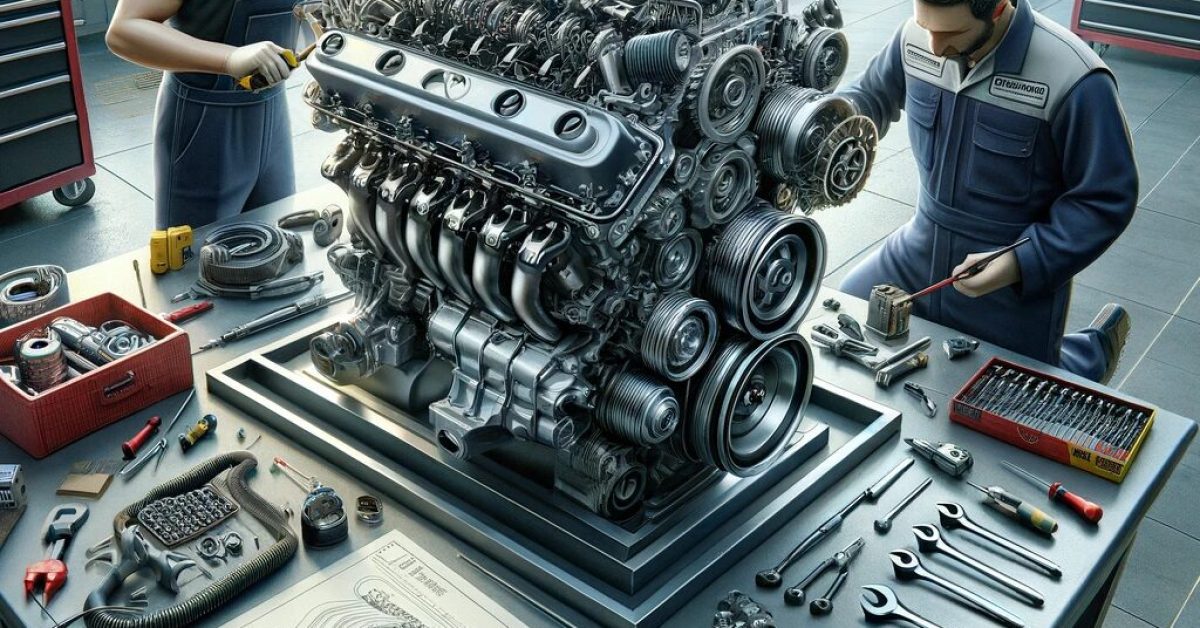As a vehicle owner, few things are as frustrating as dealing with engine problems. Whether it’s a mysterious check engine light, a sudden loss of power, or an unsettling noise coming from under the hood, engine issues can quickly turn your reliable ride into a source of stress and worry. However, with the right knowledge and approach, you can tackle auto engine repair head-on and get your vehicle back on the road in no time. In this ultimate guide, we’ll explore expert techniques, tips, and best practices for reviving your ride through effective engine repair.
Understanding Your Engine
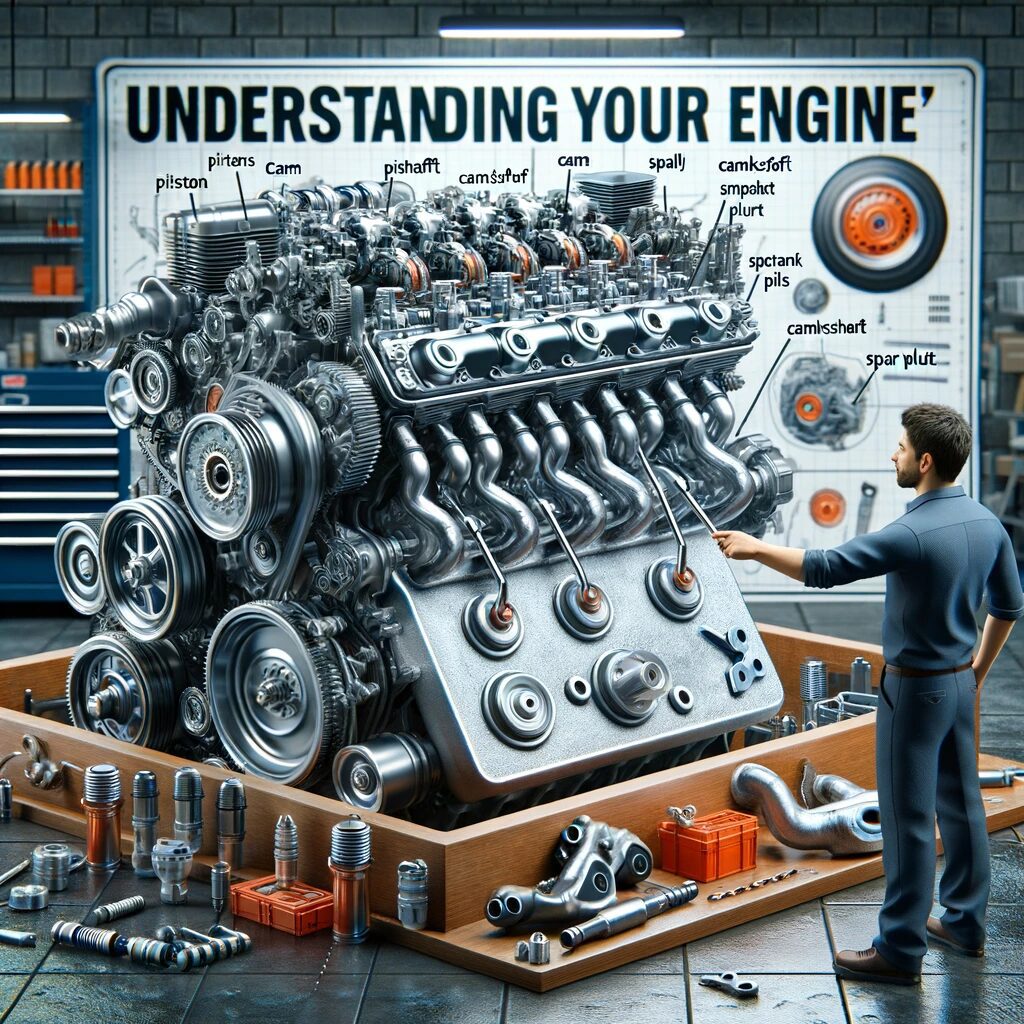
Before diving into engine repair, it’s essential to have a basic understanding of how your vehicle’s engine works. An internal combustion engine consists of several key components, including:
-
Pistons:
Move up and down inside the engine cylinders, converting the energy from burning fuel into mechanical energy.
-
Crankshaft:
Converts the reciprocating motion of the pistons into rotational motion, which drives the vehicle’s wheels.
-
Camshaft:
Controls the opening and closing of the engine’s valves, allowing air and fuel to enter the cylinders and exhaust gases to exit.
-
Valves:
Regulate the flow of air and fuel into the cylinders and exhaust gases out of the engine.
-
Spark plugs:
Ignite the air-fuel mixture in the cylinders, creating the combustion that powers the engine.
Familiarizing yourself with these basic components and their functions will help you better understand the engine repair process and communicate more effectively with mechanics.
Diagnosing Engine Problems
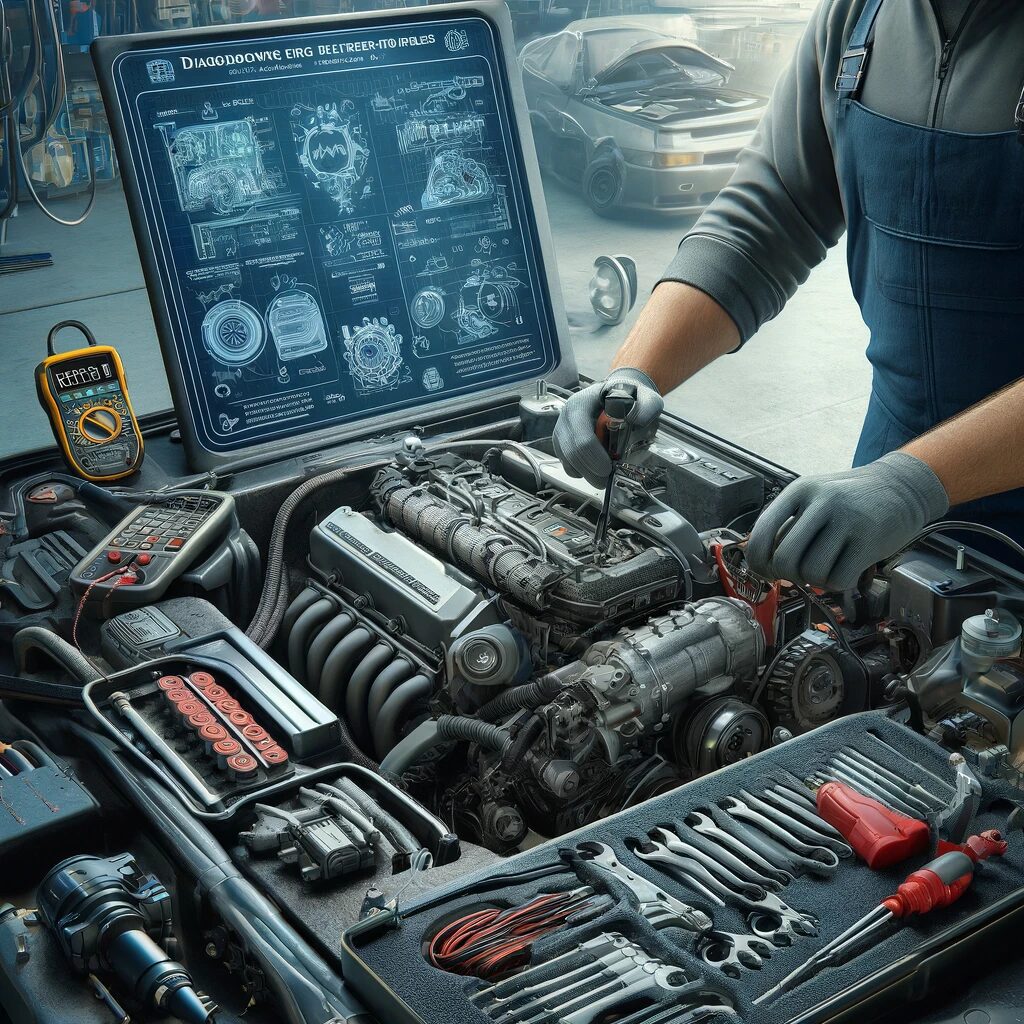
When your engine experiences issues, the first step in the repair process is accurate diagnosis. Some common signs of engine trouble include:
-
Check engine light:
This warning light can indicate a wide range of issues, from minor sensor malfunctions to serious mechanical problems.
-
Rough idling:
If your engine stutters, shakes, or stalls when idling, it may indicate issues with the fuel system, ignition system, or vacuum leaks.
-
Poor acceleration:
A lack of power or hesitation when accelerating can signal problems with the fuel system, air intake, or engine compression.
-
Unusual noises:
Knocking, ticking, or squealing noises from the engine can indicate issues with the bearings, valves, or other mechanical components.
-
Excessive exhaust smoke:
Blue, black, or white smoke from the exhaust can signify problems with oil burning, fuel burning, or coolant leaks, respectively.
To diagnose engine problems accurately, mechanics use a combination of visual inspections, computerized diagnostic tools, and manual testing procedures. By identifying the root cause of the issue, they can develop an effective repair plan.
Engine Repair Techniques
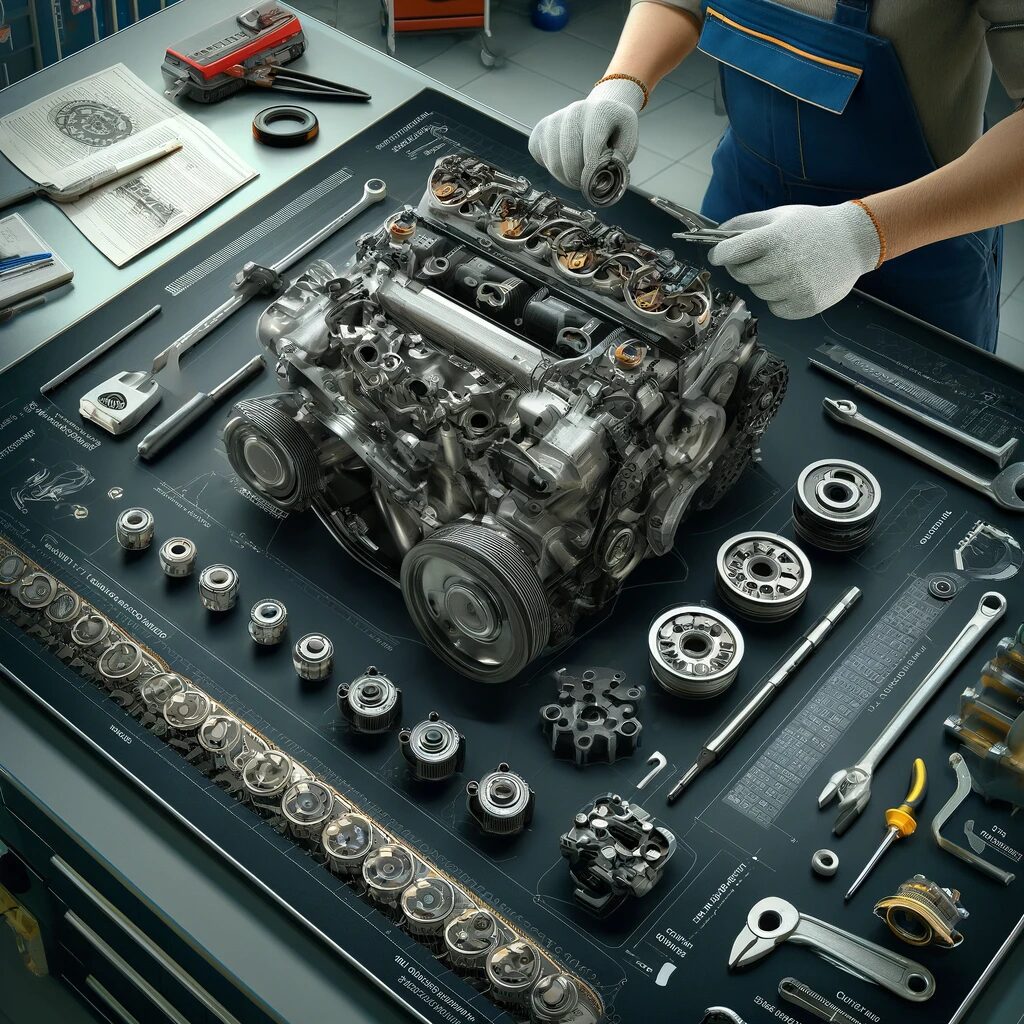
Once the underlying problem has been identified, skilled mechanics employ various repair techniques to address engine issues. Some common engine repair procedures include:
-
Spark plug replacement:
Worn or fouled spark plugs can cause misfires, poor fuel economy, and rough running. Replacing them at the recommended intervals can restore engine performance.
-
Fuel system cleaning:
Over time, fuel injectors and other fuel system components can become clogged with deposits, leading to poor fuel delivery and engine performance. Cleaning these components can improve engine efficiency and power.
-
Timing belt replacement:
The timing belt synchronizes the rotation of the engine’s crankshaft and camshaft. Replacing a worn or stretched timing belt at the manufacturer’s recommended interval can prevent serious engine damage.
-
Valve adjustment:
Properly adjusted valves ensure optimal engine performance and prevent issues like rough idling or poor fuel economy. Regular valve adjustments can help extend engine life.
-
Engine overhaul:
In cases of severe engine damage or wear, a complete engine overhaul may be necessary. This involves disassembling the engine, replacing worn or damaged components, and reassembling it to restore proper function.
Skilled mechanics use specialized tools, equipment, and techniques to perform these repairs, ensuring that your engine is restored to optimal performance and reliability.
Preventive Maintenance
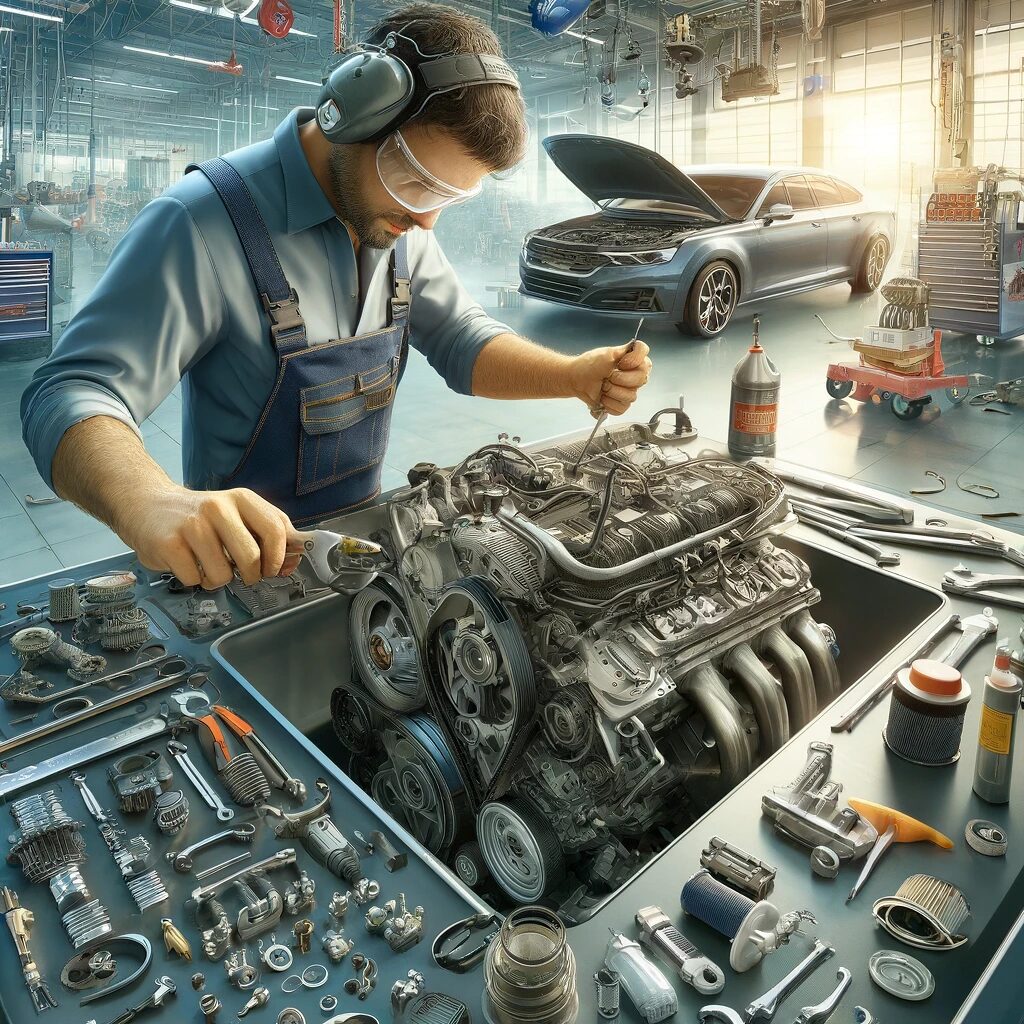
While expert repair techniques can address engine problems when they arise, preventive maintenance is key to minimizing the risk of engine issues in the first place. Regular maintenance tasks that can help keep your engine running smoothly include:
-
Oil changes:
Regularly replacing your engine oil and filter helps to lubricate moving parts, reduce wear, and remove contaminants that can cause engine damage.
-
Air filter replacement:
A clean air filter ensures that your engine receives an adequate supply of clean air, promoting efficient combustion and preventing debris from entering the engine.
-
Coolant flush and replacement:
Over time, engine coolant can break down and become contaminated, reducing its ability to protect against overheating and corrosion. Regular coolant flushes and replacements maintain the health of your engine’s cooling system.
-
Fuel system maintenance:
Periodic fuel system cleaning and filter replacement can help prevent clogs, ensure proper fuel delivery, and maintain engine performance.
-
Timing belt and serpentine belt replacement:
Replacing these belts at the manufacturer’s recommended intervals can prevent sudden belt failure and engine damage.
By staying on top of these preventive maintenance tasks, you can minimize the risk of engine problems and extend the life of your vehicle.
Choosing the Right Mechanic
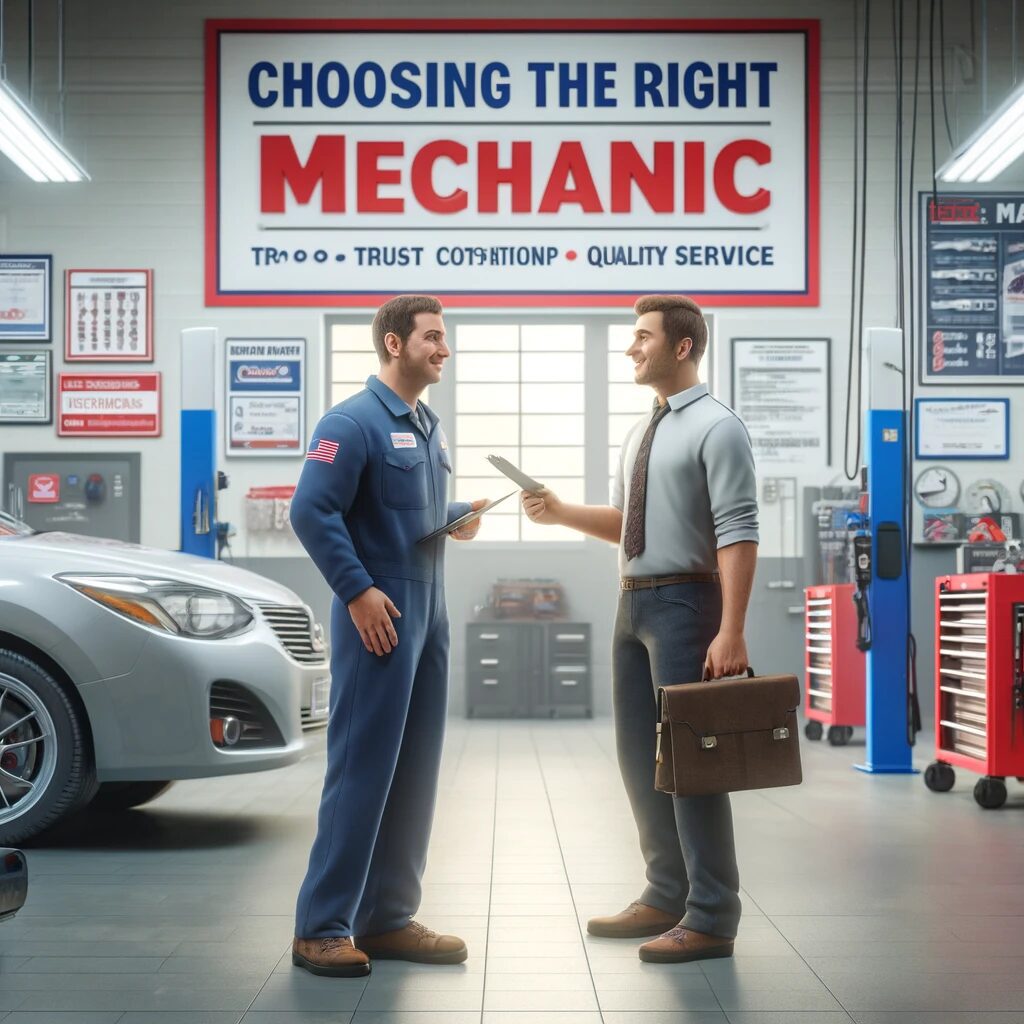
When it comes to expert auto engine repair, choosing the right mechanic is crucial. Look for a mechanic or repair shop that:
- It is certified by organizations like ASE (Automotive Service Excellence) or AAA (American Automobile Association).
- Has experience working on your specific vehicle make and model.
- Uses high-quality parts and equipment.
- Provides clear, honest communication and estimates.
- Offers a warranty on their work.
By selecting a trustworthy and skilled mechanic, you can ensure that your engine repairs are performed correctly and that your vehicle is in good hands.
Conclusion
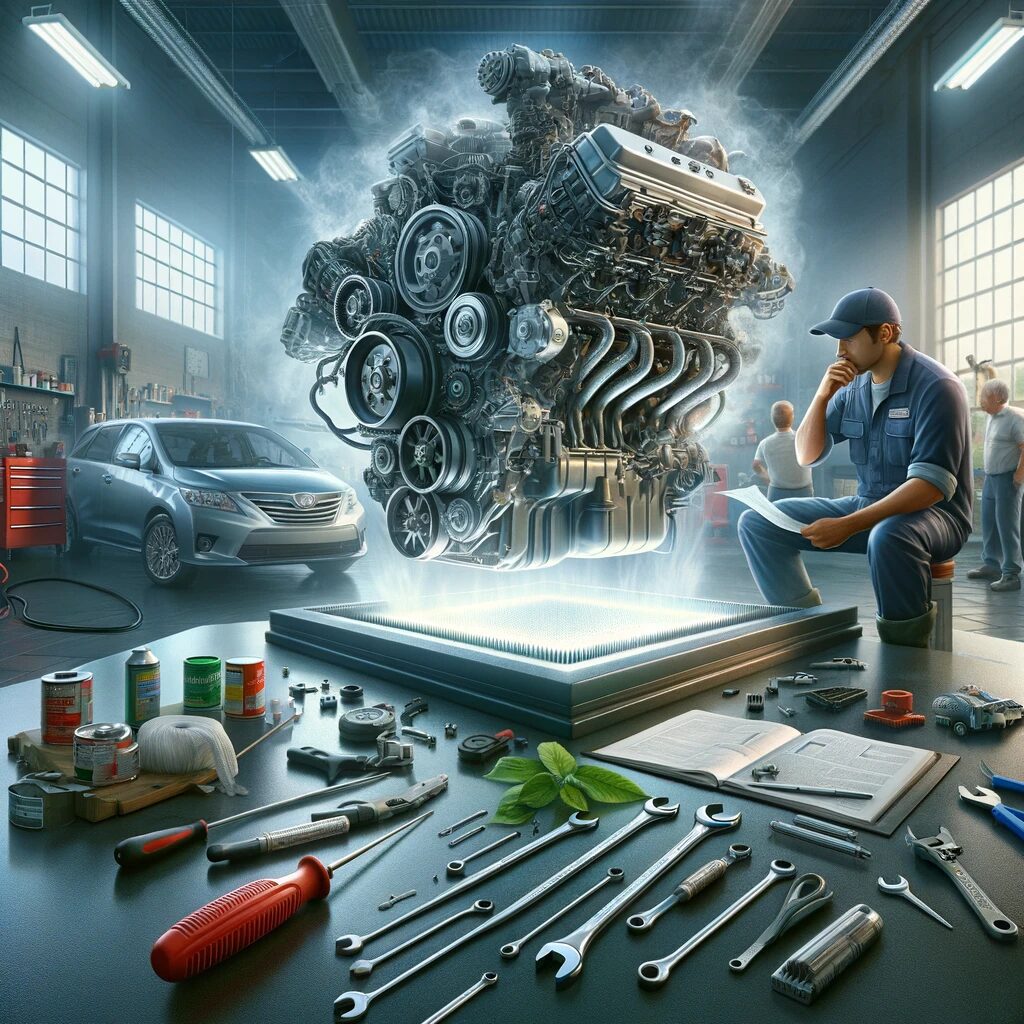
Engine problems can be daunting, but with the right knowledge and approach, you can tackle auto engine repair with confidence. By understanding your engine’s basic components, recognizing signs of trouble, and employing expert repair techniques, you can revive your ride and get back on the road. Remember to prioritize preventive maintenance and choose a skilled, trustworthy mechanic to ensure the long-term health and reliability of your vehicle’s engine. With this ultimate guide to expert auto engine repair, you’ll be well-equipped to keep your engine running strong for miles to come.
Trust Metric Motors for Expert Auto Engine Repair in Loveland

At Metric Motors, we understand that engine problems can be stressful and inconvenient. That’s why we strive to make your auto repair experience as seamless as possible, with our commitment to quality workmanship and exceptional customer service. We also offer special deals to help you save even more on your engine repair needs.
Don’t let engine issues keep you off the road. Trust the experts at Metric Motors for all your auto engine repair needs in Loveland. Contact us today to schedule your appointment and experience the difference between our skilled mechanics and unmatched service.
FAQ Section:
1: What are the key components of an internal combustion engine?
Pistons: Convert energy from burning fuel into mechanical energy.
Crankshaft: Converts the reciprocating motion of the pistons into rotational motion to drive the vehicle’s wheels.
Camshaft: Controls the opening and closing of engine valves for air and fuel intake and exhaust gas release.
Valves: Regulate the flow of air and fuel into the cylinders and exhaust gases out of the engine.
Spark Plugs: Ignite the air-fuel mixture in the cylinders, powering the engine.
2: What are common signs of engine trouble?
Check Engine Light: Indicates a range of issues from minor to serious.
Rough Idling: Stuttering, shaking, or stalling at idle may indicate fuel system, ignition system, or vacuum leaks.
Poor Acceleration: Lack of power or hesitation when accelerating can signal issues with the fuel system, air intake, or engine compression.
Unusual Noises: Knocking, ticking, or squealing noises may point to issues with bearings, valves, or other mechanical components.
Excessive Exhaust Smoke: Blue, black, or white smoke can signify problems with oil burning, fuel burning, or coolant leaks, respectively.
3: What are some common engine repair techniques?
Spark Plug Replacement: Addresses misfires, poor fuel economy, and rough running by replacing worn or fouled spark plugs.
Fuel System Cleaning: Removes deposits from fuel injectors and other components to improve fuel delivery and engine performance.
Timing Belt Replacement: Prevents serious engine damage by replacing a worn or stretched timing belt.
Valve Adjustment: Ensures optimal engine performance and prevents issues like rough idling or poor fuel economy.
Engine Overhaul: This involves disassembling the engine, replacing worn or damaged components, and reassembling it to restore proper function.
4: What preventive maintenance tasks can help keep my engine running smoothly?
Oil Changes: Regularly replace engine oil and filter to lubricate moving parts, reduce wear, and remove contaminants.
Air Filter Replacement: Ensures the engine receives clean air for efficient combustion and debris prevention.
Coolant Flush and Replacement: Maintains the health of the cooling system by replacing contaminated coolant.
Fuel System Maintenance: Periodic cleaning and filter replacement prevent clogs and ensure proper fuel delivery.
Timing Belt and Serpentine Belt Replacement: Prevents sudden belt failure and engine damage by replacing belts at recommended intervals.
5: How do I choose the right mechanic for engine repair?
Certification: Look for mechanics certified by organizations like ASE (Automotive Service Excellence) or AAA (American Automobile Association).
Experience: Ensure the mechanic has experience with your specific vehicle’s make and model.
Quality Parts and Equipment: Choose a mechanic who uses high-quality parts and equipment.
Communication: Opt for a repair shop that provides clear, honest communication and estimates.
Warranty: Select a mechanic who offers a warranty on their work for added peace of mind.

